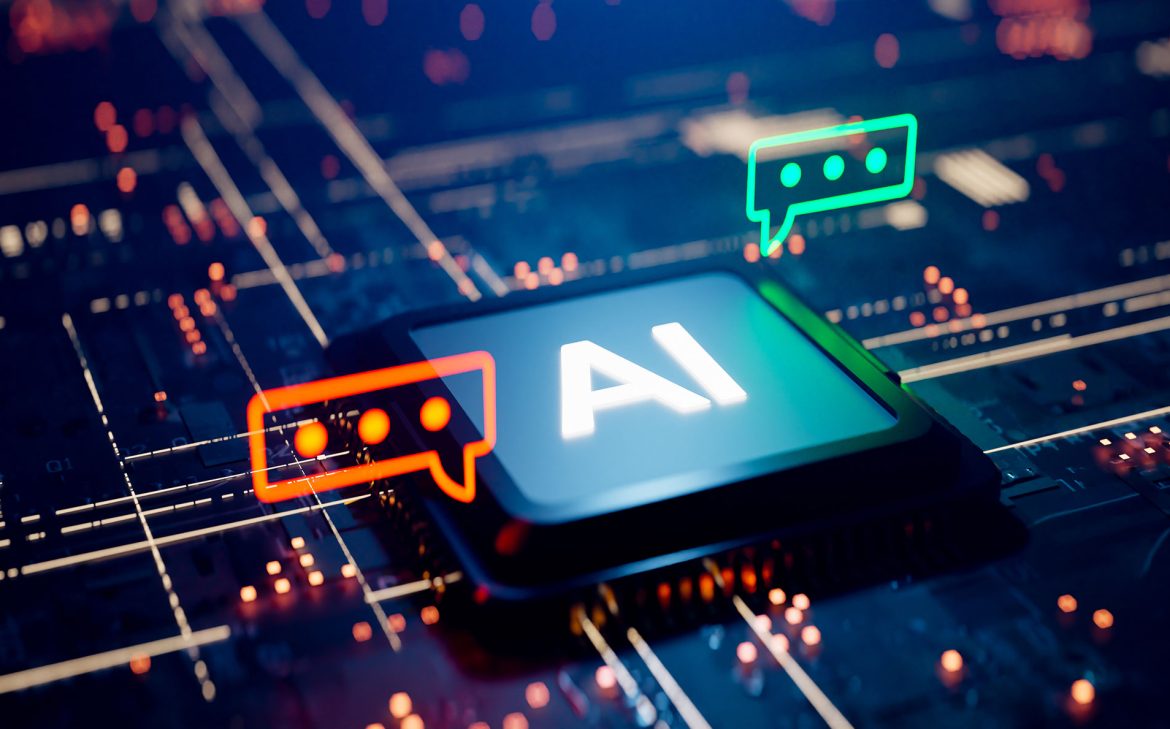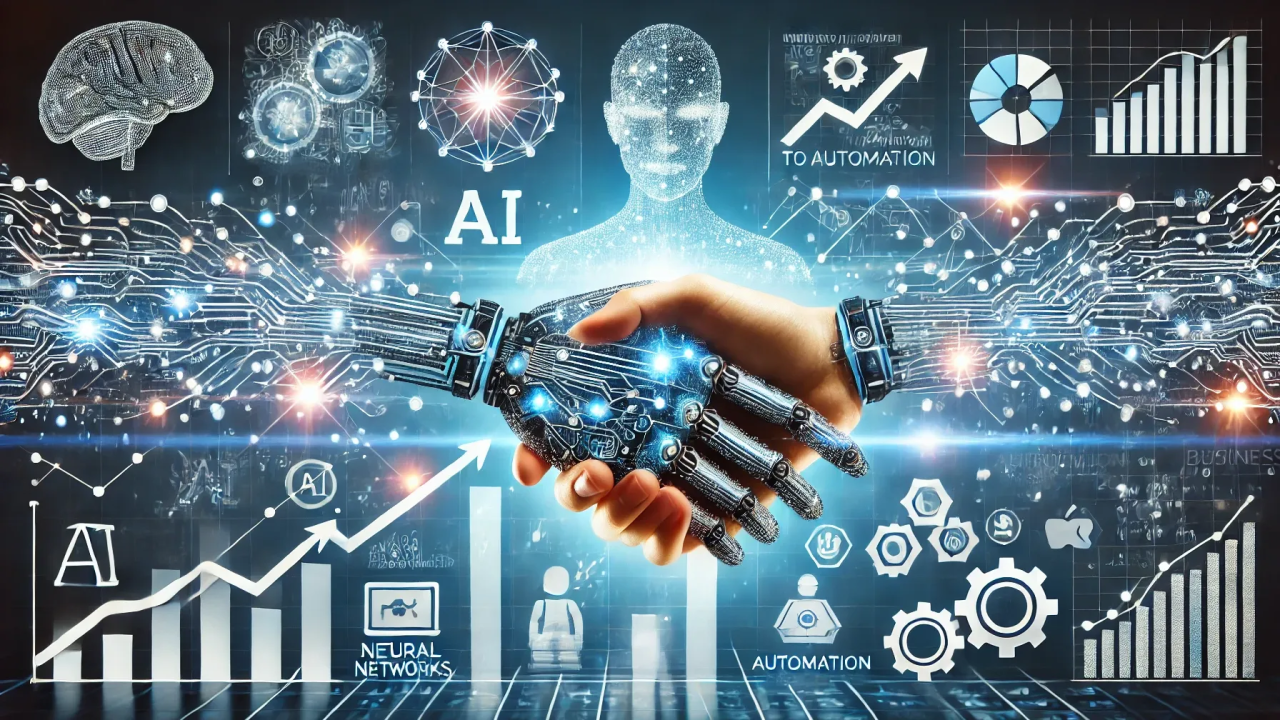As Artificial Intelligence (AI) continues to advance across industries, concerns around data privacy have become more critical than ever. While AI enables powerful capabilities—from personalized recommendations to facial recognition—it also raises important questions about how personal data is collected, processed, and protected. Fortunately, several tools and platforms are emerging to help manage the intersection of AI and privacy effectively.
Why Do AI and Privacy Matter?
AI systems often rely on large datasets that include personal or sensitive information. Without proper safeguards, this data can be misused, leaked, or exploited. Balancing innovation with individual rights and data protection is essential to ensure ethical AI development and deployment.
Top Tools Supporting AI and Privacy
1. Differential Privacy Tools
Differential privacy is a technique that allows AI systems to learn from data without exposing individual records. Tools like:
- Google’s Differential Privacy Library: Open-source toolkit used by Apple and others to anonymize user data.
- IBM Differential Privacy Library: Designed to help developers apply differential privacy to machine learning models.
These tools provide mathematical guarantees that personal information cannot be reverse-engineered from aggregated datasets.
2. Federated Learning Platforms
Federated learning allows AI models to be trained across decentralized devices (like smartphones) without transferring user data to a central server. Popular tools include:
- TensorFlow Federated (TFF): Google’s open-source framework for decentralized AI training.
- PySyft: A Python library for encrypted, privacy-preserving machine learning using federated learning and differential privacy.
This approach ensures sensitive data stays local, improving both security and compliance.
3. Privacy-Preserving Machine Learning (PPML) Frameworks
These frameworks allow AI models to be trained on encrypted data using techniques like homomorphic encryption or secure multi-party computation (SMPC). Key tools include:
- OpenMined: A community-driven platform offering privacy-preserving AI solutions using PySyft and other libraries.
- Microsoft SEAL: A homomorphic encryption library that enables computation on encrypted data without revealing the underlying information.
These tools make it possible to extract insights without compromising confidentiality.
4. Data Anonymization and Synthetic Data Tools
These tools transform or generate datasets that protect personal identities:
- MOSTLY AI: A platform that generates synthetic datasets mimicking real data while removing privacy risks.
- ARX Data Anonymization Tool: Helps anonymize sensitive data in compliance with GDPR and HIPAA.
Synthetic data allows AI models to train effectively without using real-world sensitive information.
5. AI Ethics and Governance Platforms
Some tools focus on ethical auditing and compliance:
- AI Fairness 360 (IBM): A toolkit for detecting and mitigating bias in AI models.
- DataRobot MLOps: Includes features for model monitoring, audit trails, and privacy risk management.
These platforms help organizations ensure that their AI implementations align with ethical standards and regulatory frameworks.
Conclusion
AI and privacy are not mutually exclusive. With the right tools, developers and organizations can harness the power of artificial intelligence while protecting individual rights. Whether through federated learning, encryption, or synthetic data, the future of ethical AI lies in using these privacy-first technologies responsibly.






Leave feedback about this